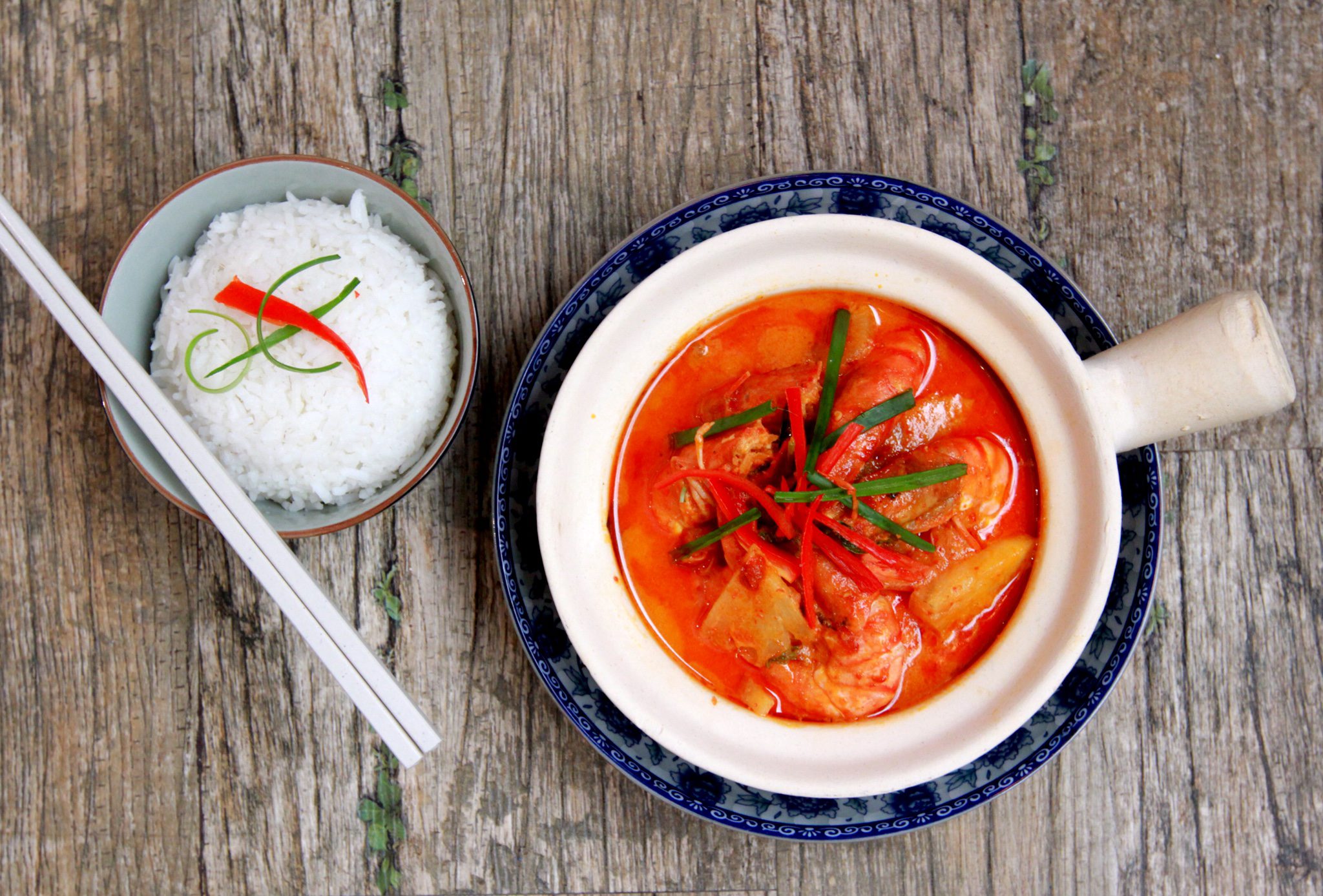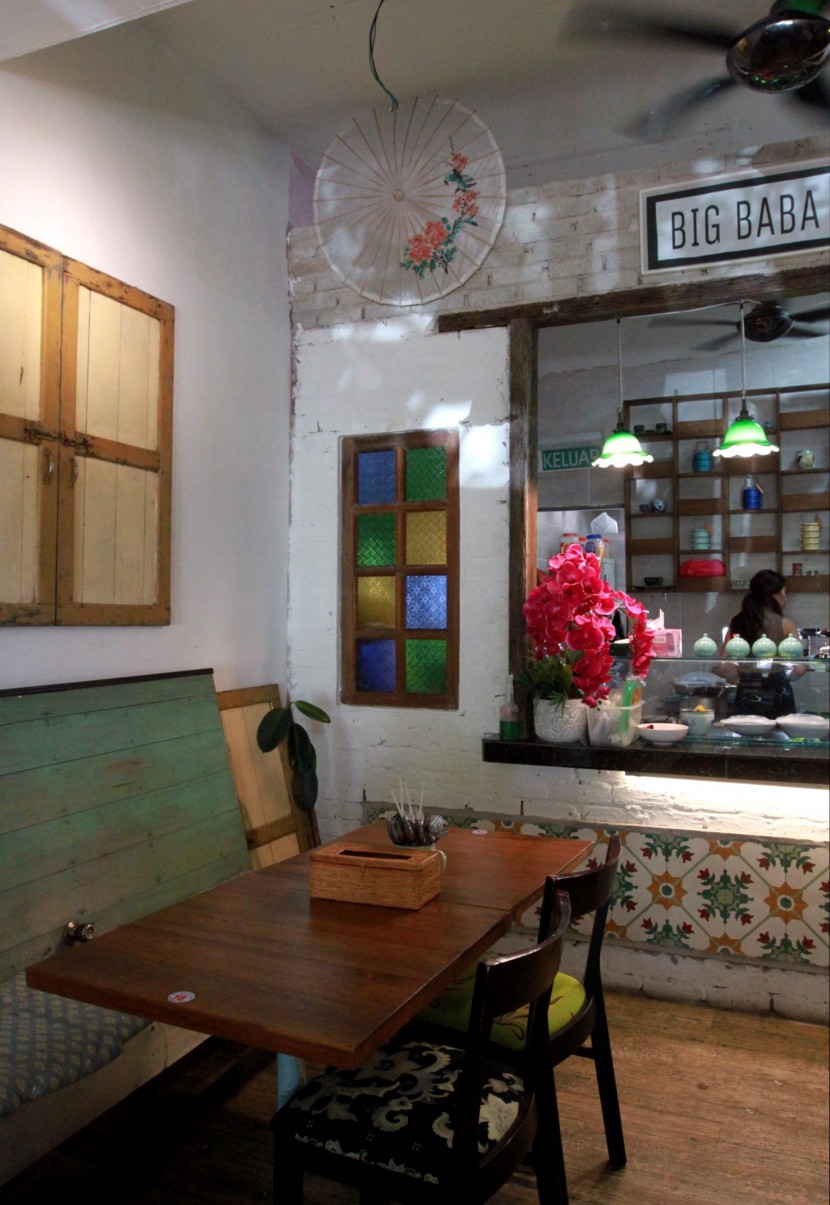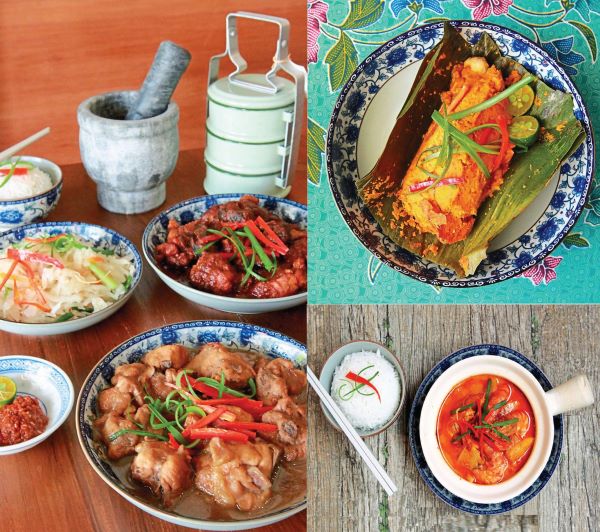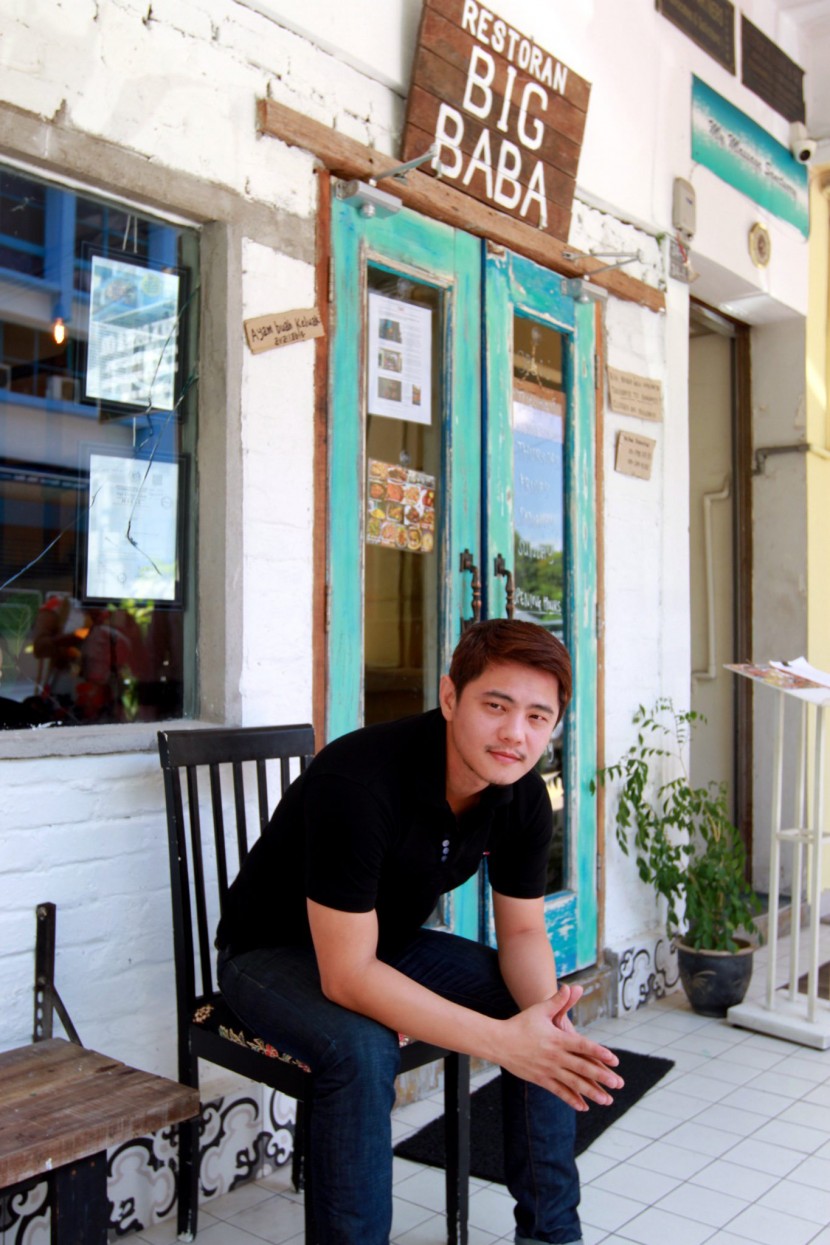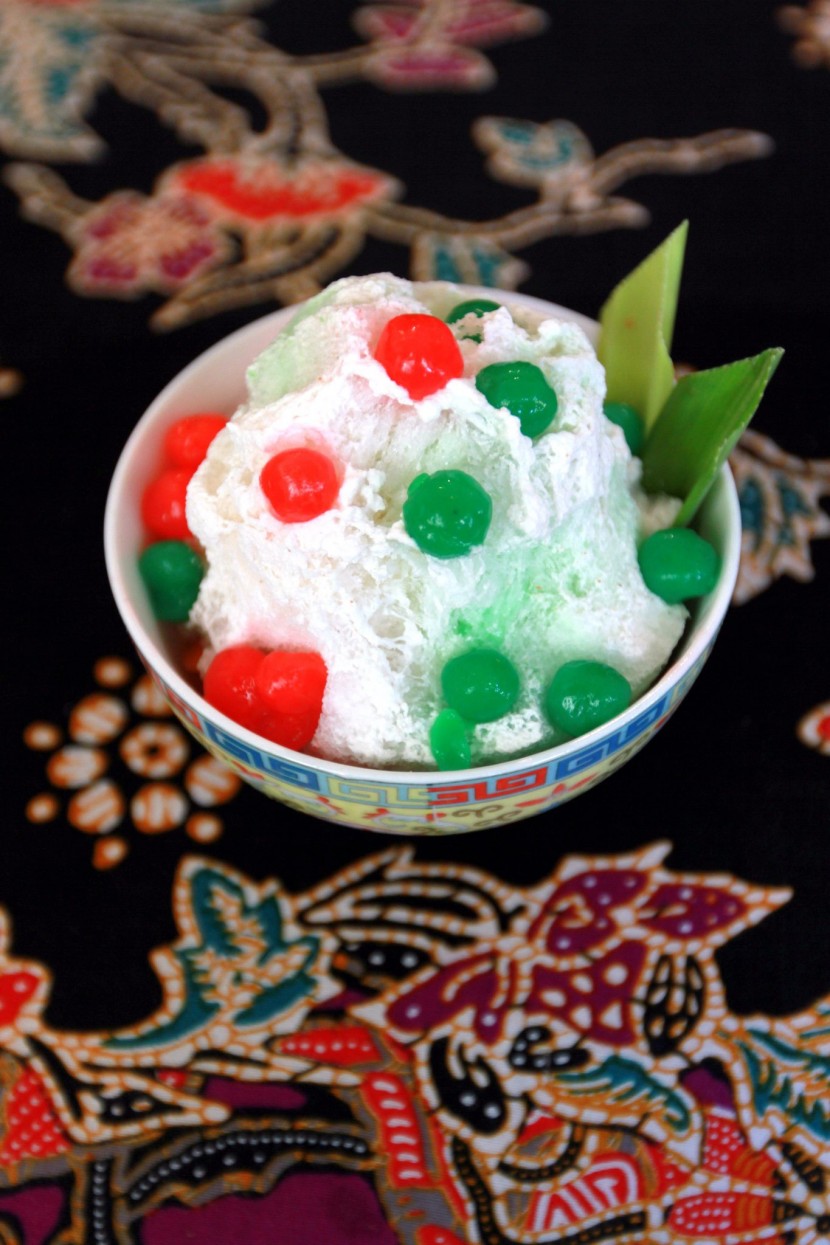BIG BABA RESTAURANT,
34, Ground Floor,
Jalan 2/109E, Desa Business Park,
Taman Desa, Kuala Lumpur.
Tel: 03-7987 7755
Business hours: 11am to 3pm, 5.30pm to 9.30pm (Tuesday to Sunday).
An old rustic wooden door in the shade of turquoise with a small sign “ayam buah keluak available” caught my attention when I was about to step into the Big Baba restaurant.
The ayam buah keluak is a signature Peranakan dish but you have got to have an acquired taste for it.
Either you love or dislike the dish.
However, it is rare to see restaurants in urban areas having this dish on their menu as cooking with buah keluak requires experience, and the fruit is an acquired taste.
But those who fancy this Peranakan dish, will look forward to tasting it.
Though Big Baba’s exterior is simple, it nevertheless looked inviting.
Stepping into the restaurant, I was immediately reminded of my childhood days in Malacca.
I even took a moment to walk around the restaurant to admire some of the furniture such as the tables and chairs and the batik material displayed on the walls.
The restaurant was decorated with striking wooden window panels similar to the ones at my late grandmother’s house in Malacca.
Any Malaccan who grew up between the 1960s and 1980s will be able to relate to some of the items displayed or incorporated as furniture in this restaurant.
Co-owner of the restaurant Remus Chong, 35, said the idea behind setting up the Perakanan restaurant was to ensure Peranakan food would be around for the future generation.
Chong observed that the younger generation were not keen to learn or cook traditional dishes.
He said the secret to a good Peranakan restaurant was in its cook, especially if the cook was Peranakan with years of cooking experience.
“My uncle and I said ok la we main-main (casually) set up a restaurant and see how it goes,” he said.
And so, Big Baba was born, named after Chong’s uncle Wee Kim Guan, 67, who heads the kitchen.
“We refer to him as baba and we look up to him, so we named the shop Big Baba,” Chong said adding that most Baba men could cook and his uncle was one of them.
They are not professionally trained, instead they learned through trial and error.
“All of my uncles and aunts are good in cooking Peranakan food. Food is a commonality that binds people and families,” he said.
The buah keluak used at Big Baba is sourced from Indonesia. The fruit is not easily found locally and it has to be smoked for 40 days before it can be included as an ingredient in dishes.
The kari ayam keluak tasted like sweet sambal but it was thick chicken curry that coated the chicken.
The inside of the keluak seed, with a slight taste of truffles, is scraped out and eaten with white rice.
Another interesting dish here is the ayam pong teh which comes with thicker gravy compared to those served in other Peranakan restaurants.
Then there is the Peranakan otak-otak. Be cautious if you do not like spicy food because the otak-otak here is spicy.
Unlike the Muar otak-otak where the fish is mixed with the sambal sauce, here the mackerel is covered with spicy gravy.
The Udang Lemak Nenas and ju hu char are other dishes to try. In the ju hu char, the shredded jicama is cooked with thin strips of dried squid.
Desserts such as bubur cha-cha and cendol, with brown sugar served on the side, make for a nice ending at this Peranakan place.
This is the writer’s personal observation and is not an endorsement by StarMetro.
